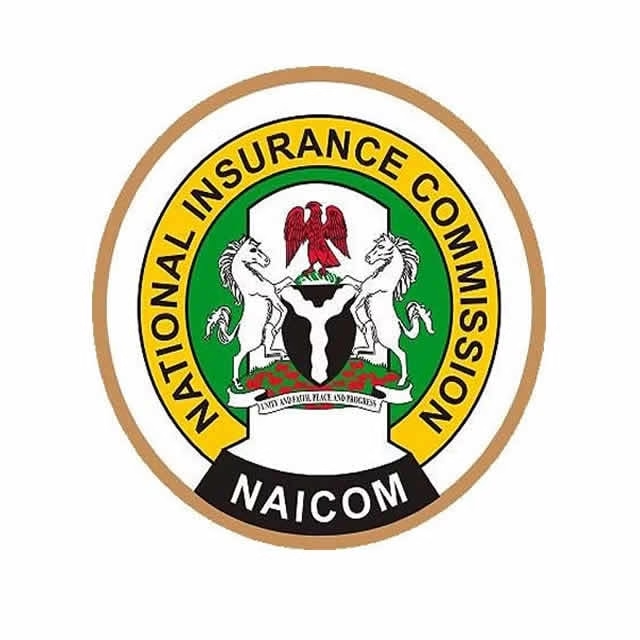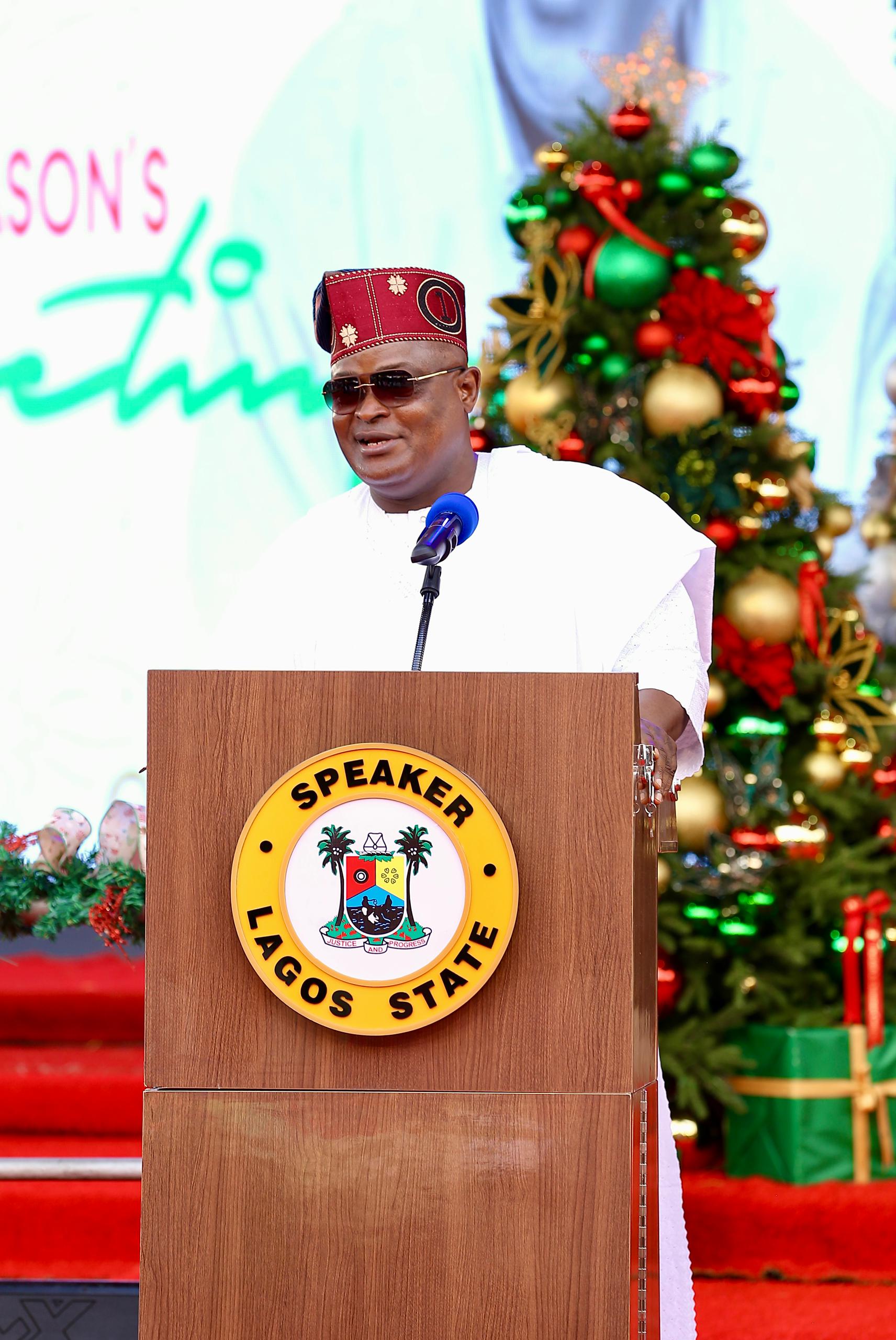Nigeria health insurance capital flight reaches $2bn annually as multinationals bypass local insurers, NAICOM reveals at Lagos tech-insurance forum
Nigeria health insurance capital flight has surged to an estimated $2 billion annually, largely due to multinationals opting for foreign insurance providers over local firms, according to the National Insurance Commission (NAICOM).
Also read: Rotary President-Elect Olayinka Babalola announces $9.8m health intervention for Nigeria
The staggering figure was disclosed by Ekerete Gam-Ikon, Deputy Commissioner for Insurance (Finance and Administration), during a panel at the Insurance Meets Tech 4.0 conference in Lagos.
He warned that this outflow undermines Nigeria’s economy and violates the country’s insurance laws.
“We then discovered that in a year, about $2bn goes into that from Nigeria,” Gam-Ikon said.
“They are doing the insurance with international providers. That’s how much spending goes out of Nigeria for health insurance.”
The Nigeria health insurance capital flight represents premiums paid by multinational companies for employee health coverage that are not processed through Nigerian insurance firms.
This contradicts Section 204 of the Insurance Industry Reform Act, which mandates the full utilisation of local capacity before allowing reinsurance abroad.
Gam-Ikon noted that any international health insurer operating from Nigeria must secure prior approval from NAICOM, or risk paying penalties equal to the total premium involved.
Beyond financial losses, he flagged a broader policy gap—pointing out that while the Independent National Electoral Commission (INEC) provides insurance for staff and equipment, Nigerian voters remain uncovered.
“INEC ensured all their staff members, including ad hoc staff, have insurance. It is only voters who go out without insurance,” he added.
During the same panel, Yetunde Ilori, President of the Chartered Insurance Institute of Nigeria, acknowledged past reluctance from insurers to enter the health space.
However, she said technology and stronger regulation may change that.
“The new law, which stipulates higher capital, may motivate insurance firms to take a closer look,” Ilori said. “I think it’s an area insurance companies will want to take a close look at.”
She suggested that insurers may evolve to offer direct healthcare insurance, beyond the limited scope of Health Maintenance Organisations (HMOs), potentially integrating with or replacing HMOs in a co-pay model.
Also read:Nigerian man charged in U.S. over shocking $25M healthcare fraud scheme
This renewed focus on health insurance and domestic regulation reflects broader efforts by NAICOM to increase insurance penetration, protect consumers, and retain capital within the country.
Source: Read more at championnews.com.ng
























